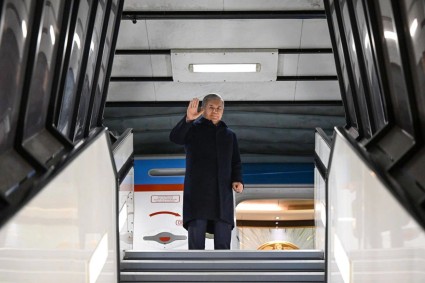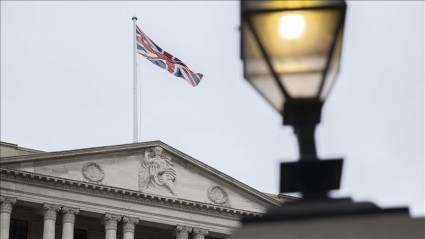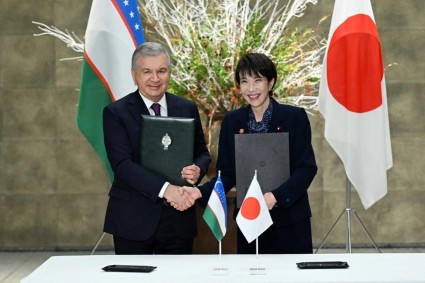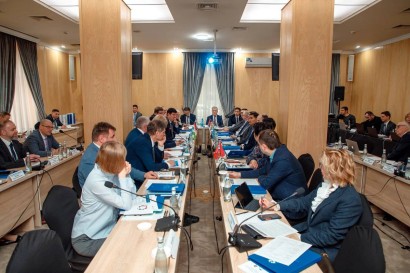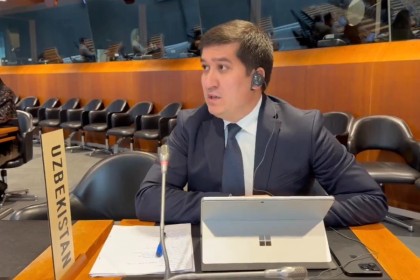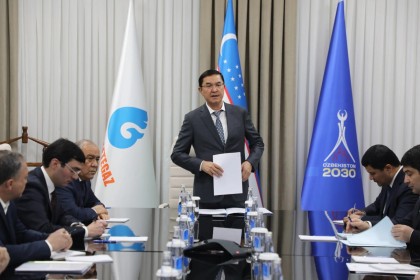The UN General Assembly for the 31st time adopted the Resolution calling on the United States to lift economic, commercial and financial sanctions against Cuba on Thursday.
The Resolution was supported by 187 countries, including Uzbekistan. Two countries - the United States and Israel - voted against, Ukraine abstained.
The UN General Assembly has been adopting resolutions calling for the lifting of the blockade for 31 years in a row. In 1992, it was supported by 59 states, in 2017 - already 191, last year - 185, and this year - 187. In 2016, the United States did not vote “against” for the only time, but abstained. However, Washington then returned to its previous stance.
The authors of the resolution condemned the application by Member States of laws and regulations, such as the law adopted in the United States on March 12, 1996, known as the Helms-Burton Act, the extraterritorial consequences of which affect the sovereignty of other countries, the legitimate interests of legal entities or individuals subject to their jurisdiction and freedom of trade and navigation." The resolution calls on all states to "refrain from adopting and applying" such measures and laws.
Delegates speaking at the assembly session insisted that the embargo against Cuba was illegal, saying it constituted a flagrant and systematic violation of the UN Charter. They pointed to the damage that the blockade is doing to the Cuban people, depriving them of basic income and basic necessities, including medicine.
Cuban Foreign Minister Bruno Rodriguez Parilla said that the US economic sanctions against his country were leading to widespread human rights violations of the Cuban people. According to him, people lack basic goods, food, industrial equipment, and the necessary funds for the development of livestock farming.
“Cuba is unable to purchase equipment, technology, medical equipment and pharmaceutical products from American companies and their subsidiaries in third countries,” the minister emphasized. Therefore, according to him, Cuba is forced to overpay resellers or replace medicines with less effective analogues.
The Foreign Minister said that even during the pandemic, special permission from the US government was required to purchase medical oxygen. This, he said, demonstrates the “inhumane essence” of the sanctions policy towards Cuba.
United States Representative Paul Folmsbee assured that Washington stood with the Cuban people in their quest for freedom, prosperity and a more dignified future. According to him, sanctions are one of the tools to promote democracy and the principles of protecting human rights.
The United States recognizes the difficulties that the Cuban people have to face. That is why, he emphasized, food, medicine and other humanitarian goods are excluded from the sanctions regime, he said.
It should be noted that Uzbekistan voted against the resolution along with the United States and Israel in 1997, and also abstained in 1998, 1999 and 2002.


